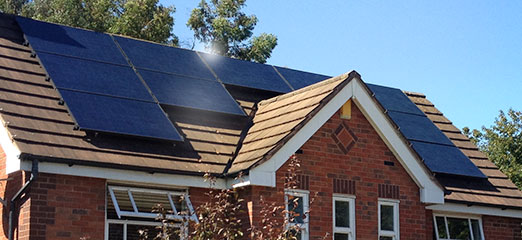
Declining Costs and Increasing Efficiency
One of the main reasons why solar panels have gained popularity is the continuous decline in their costs and the significant improvements in their efficiency. Over the past decade, the price of solar panels has plummeted, making them more affordable for consumers. Simultaneously, advancements in technology have led to increased energy production per panel, enhancing their overall efficiency. These trends have significantly contributed to the financial viability of solar panel installations.
Government Incentives and Support
Government initiatives and incentives have played a pivotal role in promoting solar energy adoption. Many countries offer financial incentives such as tax credits, rebates, and feed-in tariffs to encourage the installation of solar panels. These incentives can significantly reduce the upfront costs and shorten the payback period, making solar panel investments more attractive from a financial perspective. Moreover, several governments have implemented favorable policies to support renewable energy, ensuring a stable regulatory environment for solar panel owners.
Long-Term Cost Savings
Solar panels provide the opportunity for long-term cost savings on electricity bills. By generating electricity from sunlight, solar panel owners can offset a portion or even the entirety of their energy consumption, reducing their reliance on traditional power grids. As electricity prices continue to rise, the financial benefits of producing clean and renewable energy become more pronounced. Over the lifespan of solar panels, which can extend for several decades, the savings on energy costs can offset the initial investment and yield substantial returns.